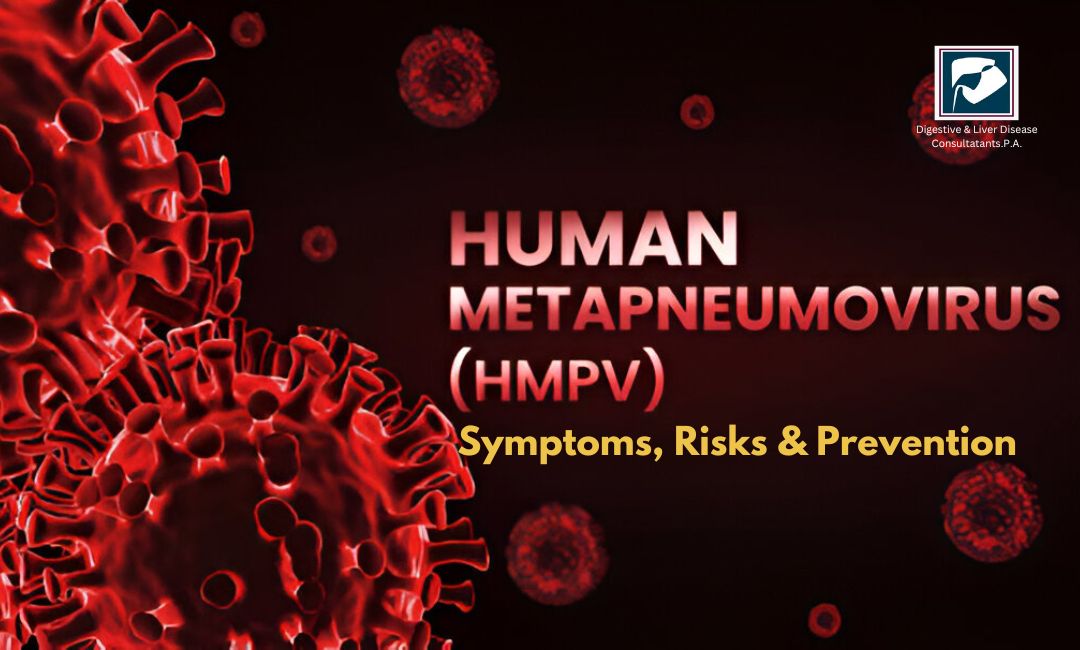Human Metapneumovirus (HMPV) is a respiratory virus that can cause mild to severe illnesses in people of all ages. While not as well-known as influenza or RSV, HMPV is a significant cause of respiratory infections, especially during the winter and spring months. Understanding its symptoms, associated risks, and how to prevent its spread is crucial for staying healthy.
In this blog, we’ll explore everything you need to know about HMPV, so you can keep yourself and your loved ones safe.
What Is HMPV?
HMPV, or Human Metapneumovirus, was first identified in 2001 but has likely been around for decades. It is a common respiratory virus that spreads through close contact with infected individuals or contaminated surfaces. HMPV is in the same family as respiratory syncytial virus (RSV) and shares many similarities in how it affects people.
This virus can infect anyone, but certain groups—such as young children, older adults, and those with weakened immune systems—are more vulnerable to severe illness.
Symptoms of HMPV
The symptoms of HMPV can vary from mild to severe, depending on the individual’s age, overall health, and immune response. Most people experience symptoms similar to those of a cold or flu.
Here are the most common symptoms:
- Fever
- Runny or congested nose
- Cough
- Sore throat
- Shortness of breath or wheezing
- Fatigue
- Muscle aches
In some cases, HMPV can lead to more serious complications such as bronchitis, pneumonia, or asthma flare-ups. These severe cases are more likely in individuals with underlying health conditions or compromised immune systems.
Who Is at Risk?
HMPV can affect anyone, but certain groups are more susceptible to severe illness:
Young Children
Children under 5 years old, especially infants, are at a higher risk of complications from HMPV. Their immune systems are still developing, making it harder for their bodies to fight off the virus.
Older Adults
People aged 65 and older are more likely to experience severe symptoms or complications from HMPV. Aging weakens the immune system, increasing vulnerability to respiratory infections.
Individuals with Chronic Conditions
People with asthma, chronic obstructive pulmonary disease (COPD), or other lung conditions are at higher risk.
Those with Weakened Immune Systems
Individuals undergoing cancer treatment, organ transplants, or living with HIV/AIDS may find it harder to recover from HMPV infections.
How HMPV Spreads
HMPV spreads through:
Close Contact: Direct contact with an infected person, such as a handshake or hug, can spread the virus.
Respiratory Droplets: When an infected person coughs or sneezes, droplets containing the virus can land on others nearby.
Contaminated Surfaces: Touching surfaces or objects contaminated with the virus and then touching your mouth, nose, or eyes can lead to infection.
Prevention Tips
Preventing HMPV requires similar measures to those used for other respiratory viruses like the flu or COVID-19. Here are some practical prevention tips:
Practice Good Hygiene
- Wash your hands frequently with soap and water for at least 20 seconds.
- Use hand sanitizer with at least 60% alcohol if soap and water are not available.
Avoid Close Contact
- Avoid close contact with people who are sick, especially if they show symptoms of a cold or flu.
- If you’re sick, stay home to avoid spreading the virus to others.
Disinfect Surfaces
- Regularly clean and disinfect frequently-touched surfaces such as doorknobs, light switches, and smartphones.
Cover Your Coughs and Sneezes
- Use a tissue or your elbow to cover your mouth and nose when coughing or sneezing. Dispose of tissues immediately and wash your hands.
Boost Your Immune System
- Maintain a healthy lifestyle by eating nutritious foods, staying physically active, and getting enough sleep. A strong immune system can help your body fight off infections.
Wear Masks in Crowded Places
- During peak seasons for respiratory illnesses, consider wearing a mask in crowded or enclosed spaces to reduce exposure.
What to Do If You Have Symptoms
If you or a loved one experience symptoms of HMPV, monitor the condition closely. Most cases resolve on their own with rest, hydration, and over-the-counter medications for fever or discomfort.
However, you should seek medical attention if:
- Symptoms worsen or do not improve after a few days.
- You experience difficulty breathing or persistent chest pain.
- A child or elderly person shows signs of severe illness, such as high fever, lethargy, or difficulty breathing.
When to See a Doctor
If you think you might have HMPV or if your symptoms are severe, don’t hesitate to contact a healthcare professional. Early intervention can prevent complications and ensure you get the appropriate care.
At DLDC, our experienced medical team is here to help you navigate respiratory illnesses like HMPV. Whether it’s an evaluation, advice, or treatment, we’re committed to your health and well-being. Contact us today if you or a loved one needs care.
Conclusion
Human Metapneumovirus is a common but often overlooked respiratory virus. By understanding its symptoms, recognizing the risks, and taking proactive steps to prevent its spread, you can protect yourself and those around you.






